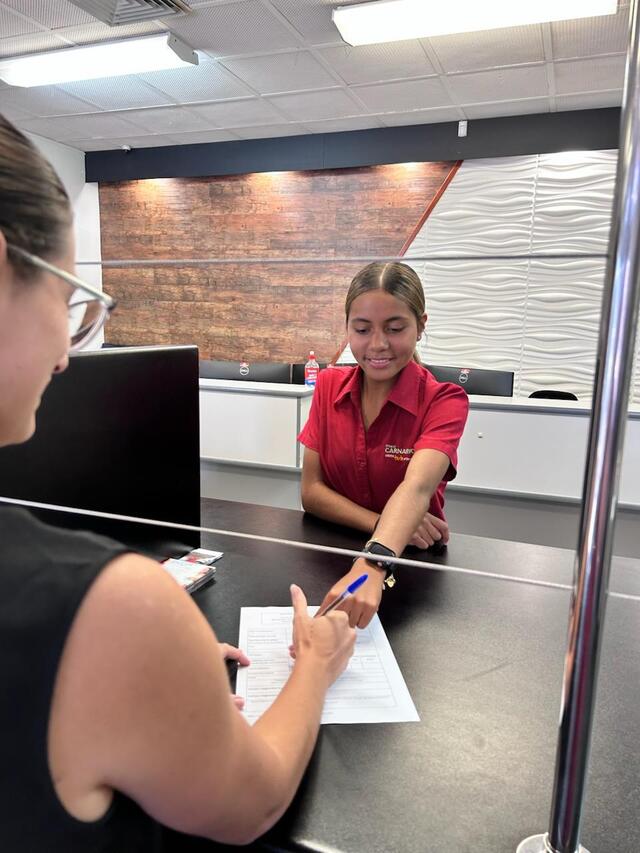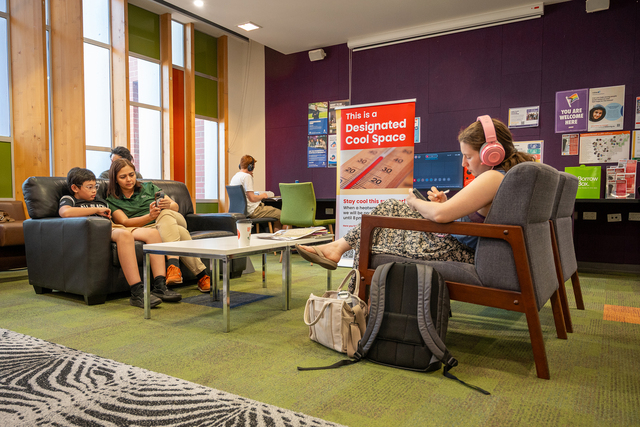Regional collaboration, environmental consideration and maintaining strong relationships with both the community and tourism operators are key to the success of a strong tourism industry, according to the Shire of Augusta-Margaret River.
Located 270 kilometres south of Perth, the Shire is one of three councils in the south west region of Western Australia boasting serenity, award winning restaurants, wineries and accommodation.
Some 1.5 million tourists visit this region every year and with around half stopping in the Shire of Augusta-Margaret River, Council must be doing something right in its tourism approach.
CEO Gary Evershed said Council takes tourism very seriously and considers it a high priority in its strategic plan.
“Tourism benefits the whole community,” he said. “It brings income into local businesses, creates local jobs, leads to new and expanded infrastructure for residents, and encourages voluntary involvement in major festivals and events.
“However, while communities benefit from this financial injection in their towns, tourism can also bring some unwanted or negative impacts which need to be managed, such as decreased parking availability and congestion of facilities at peak times.
“For this reason, it is crucial to involve communities in the planning and conducting of tourism development initiatives and events.”
The Shire of Augusta-Margaret River is home to around half a dozen large events per year, including the Anaconda Adventure Race, the annual Margaret River Wine Region festival, and international surfing competition, the Drug Aware Margaret River Pro.
Council keeps the community well informed of upcoming events like these through updates in its fortnightly community newsletter.
“This means we won’t catch residents off guard when the town is inundated with visitors, but it also gives them an opportunity to get involved by volunteering or attending the events themselves,” Gary Evershed said.
He said it is also important to develop a good relationship with local tourism associations and operators.
“Councils are responsible for putting infrastructure in place to accommodate visitors as well as permanent residents,” he said. “As such, it is crucial to consult with your local tourism association and tourism operators, so that Council is aware of their plans and can be proactive in responding to visitor needs such as toilets, drinking fountains, carparks and so forth.”
Augusta-Margaret River’s Manager Planning, Andre Schonfeld, said that working with tourism associations also ensures that a consistent brand is used across a ‘tourism region’, strengthening recognition and promotion of an area.
“Tourists don’t come to visit a specific shire or Local Government area – they come to visit a region,” he said. “For example, Victoria’s Great Ocean Road crosses four council boundaries, the Barossa Valley in South Australia crosses two, and our own wine region here in Margaret River flows through two council areas.
“There is always onflow to and from surrounding areas and this needs to be managed in a similar way.
“Regional collaboration not only ensures all councils deliver the same, strong regional brand, but it also allows them to pool their resources and collaborate, maximising the region’s tourism potential.”
With the environment an ever topical issue now, and this set to continue well into the future, Andre Schonfeld said that it is also important for councils to focus on ecotourism and environmental sustainability.
“Tourism, like all Local Government responsibilities, must come down to the triple bottom line,” he said.
“It is important to strike a balance between social, environmental and economic impacts and this can only be achieved through effective policies, planning and research.
“By embedding tourism in our Council Plan, we have allocated funding for necessary tourist infrastructure development, and we are also able to ensure we consider its environmental impact.”
Council is currently working on a pilot project with Curtin University to develop climate change adaptation tourism strategies in the region.
“Warming of a couple of degrees could have a strong impact on wine growers, for example, so we need to begin looking at the possibility of planting different crops and using different techniques,” Andre Schonfeld said.
“In addition, if the sea level were to rise, it would have an impact on our surfing beaches. We therefore need to have coastal management plans in place, so we fully understand and are prepared for these impacts.”
Gary Evershed said with the Australian dollar continuing to strengthen against international currencies, State Governments are faced with the challenge of ensuring local tourism numbers stay positive.
“However, Local Governments should continue to encourage residents to spend locally,” he said. “By also ensuring we maintain safe, clean and attractive destinations, and by providing a range of affordability options, we can also maintain our tourism economy.”
















